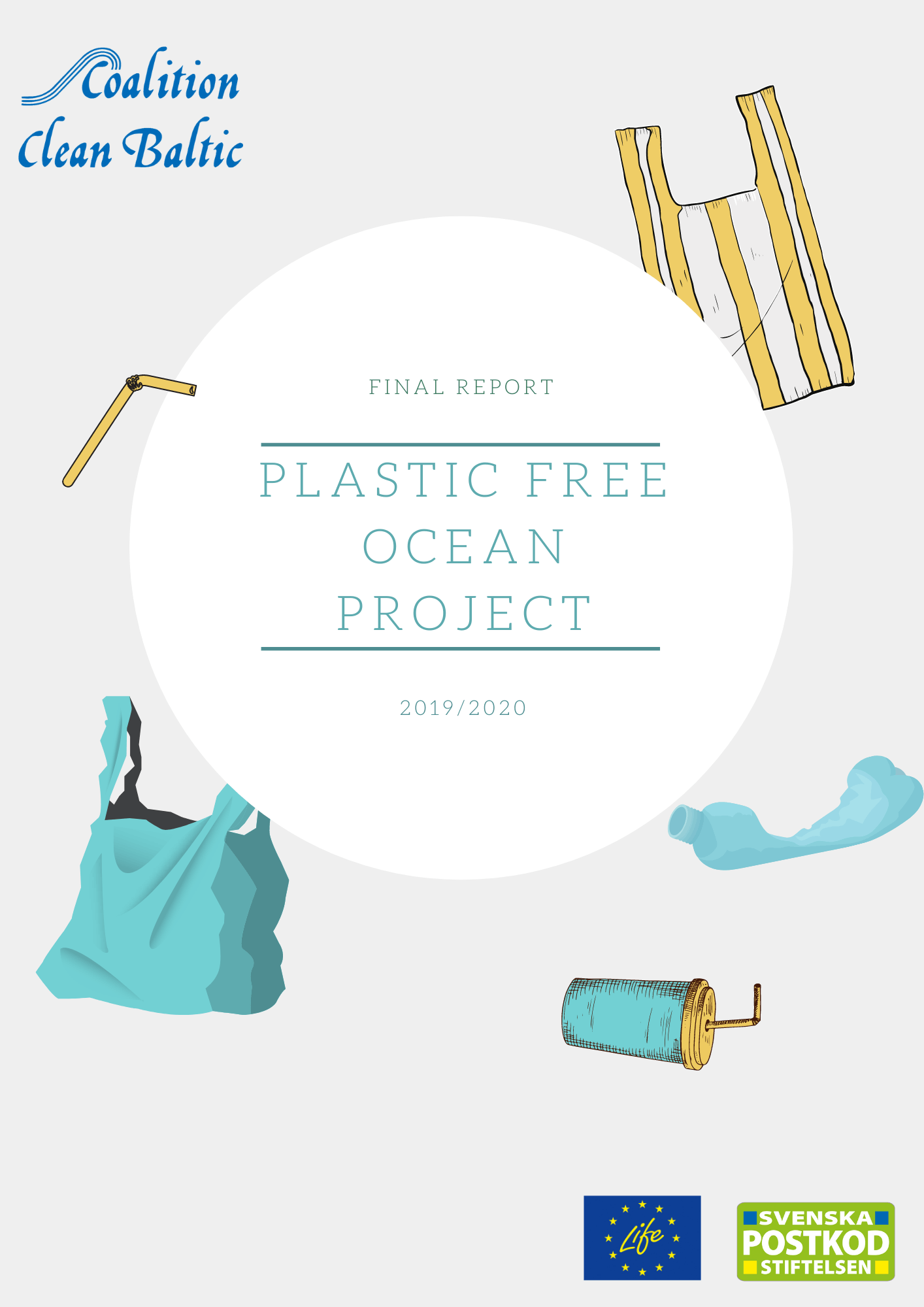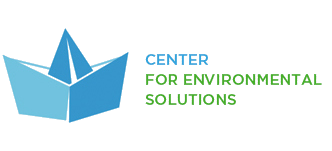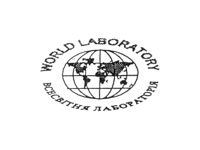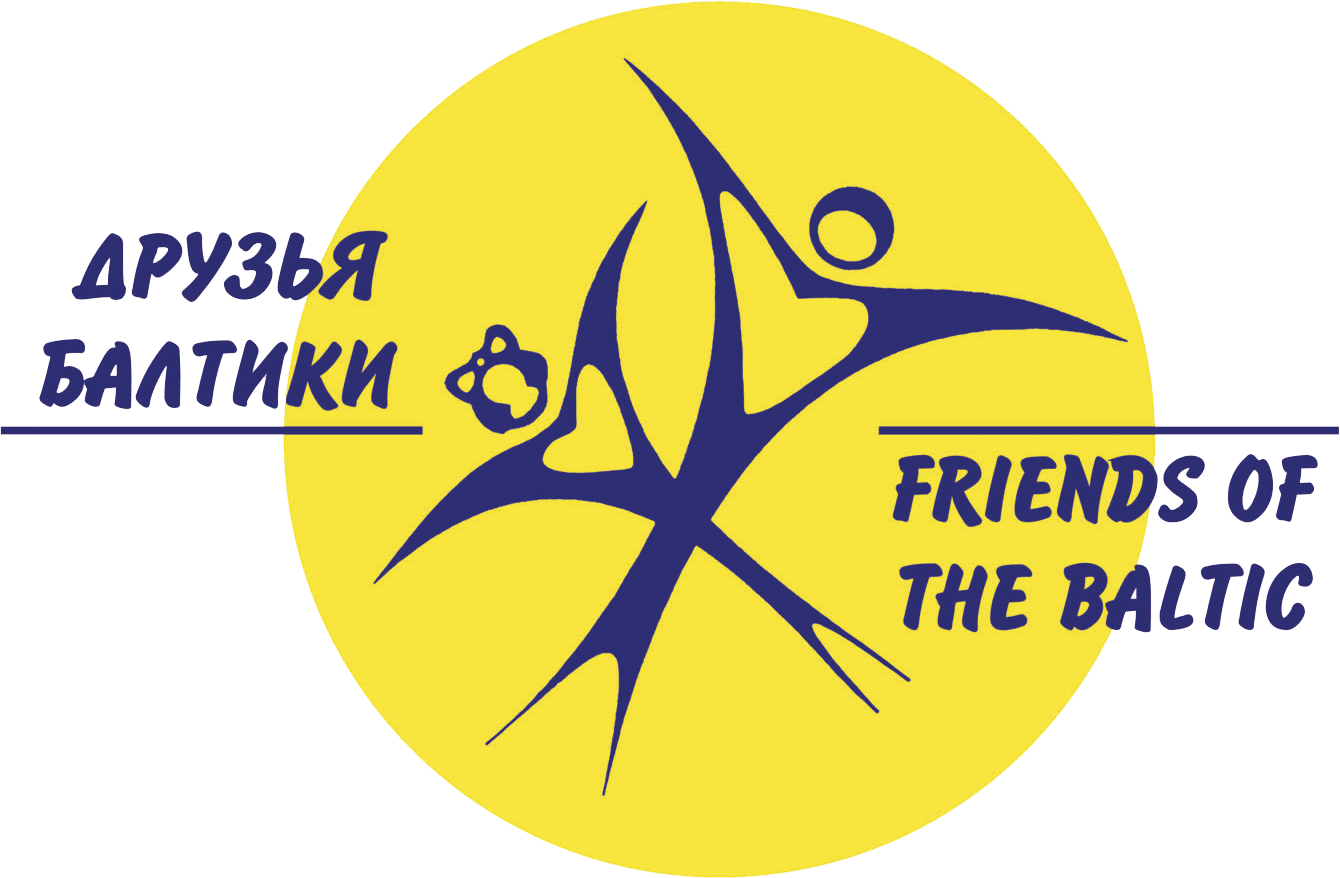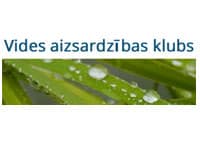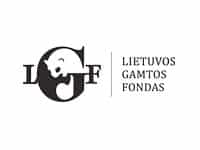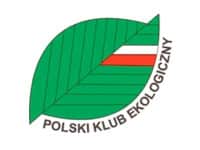Plastic Free Ocean
2019-2020
This project addressed the growing pollution of the Baltic Sea and contributed to minimize pollution of the global ocean from plastic litter.
HISTORY OF THE PROJECT
In 2017, CCB has implemented a project Plastic Free Baltic, which has significantly contributed to lifting up the agenda of microplastic/marine litter pollution in the Baltic Sea region, including the upstream catchment area.
In 2019, CCB implemented the project: “Plastic Free Ocean“ (PFO). The project activities supported the implementation of the EU Plastics Strategy and addressed the growing pollution of the Baltic Sea (and through it – the world ocean) by single-use plastic items, primary and secondary microplastics,
and associated toxic chemicals.
This was done through a combination of:
– policy-oriented measures
– awareness-raising public campaign
– monitoring activities
– assistance to identified target groups from private an d municipal sector in switching to plastic-free alternatives (hotels, rural and eco-tourism houses, airlines, cruise ships, municipal organizations, public laundries, religious organizations and others).
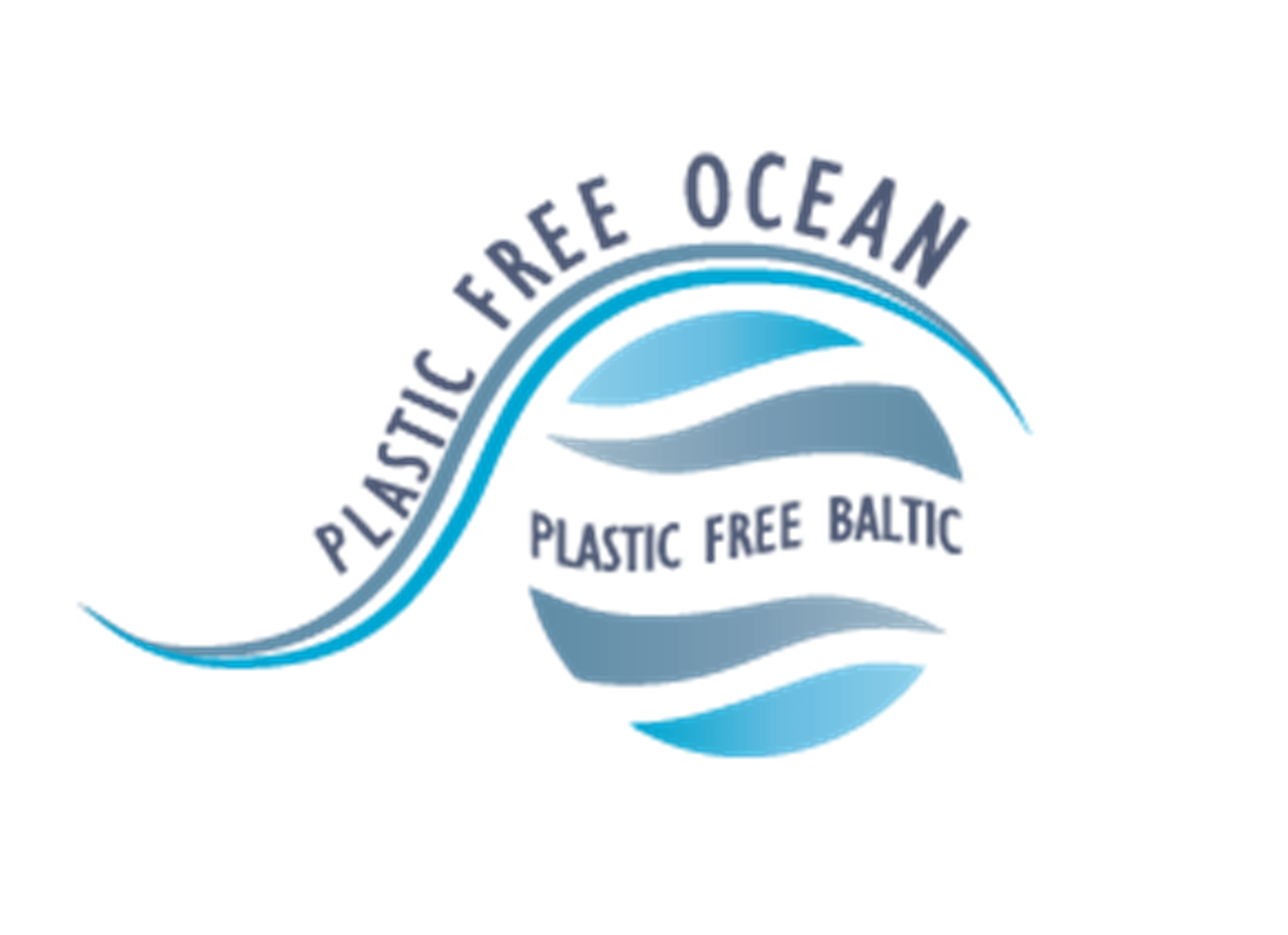
Read the interview of Mikhail Durkin, CCB Executive Secretary, about the project and its objectives.
"PLASTIC FREE OCEAN" IN A NUTSHELL
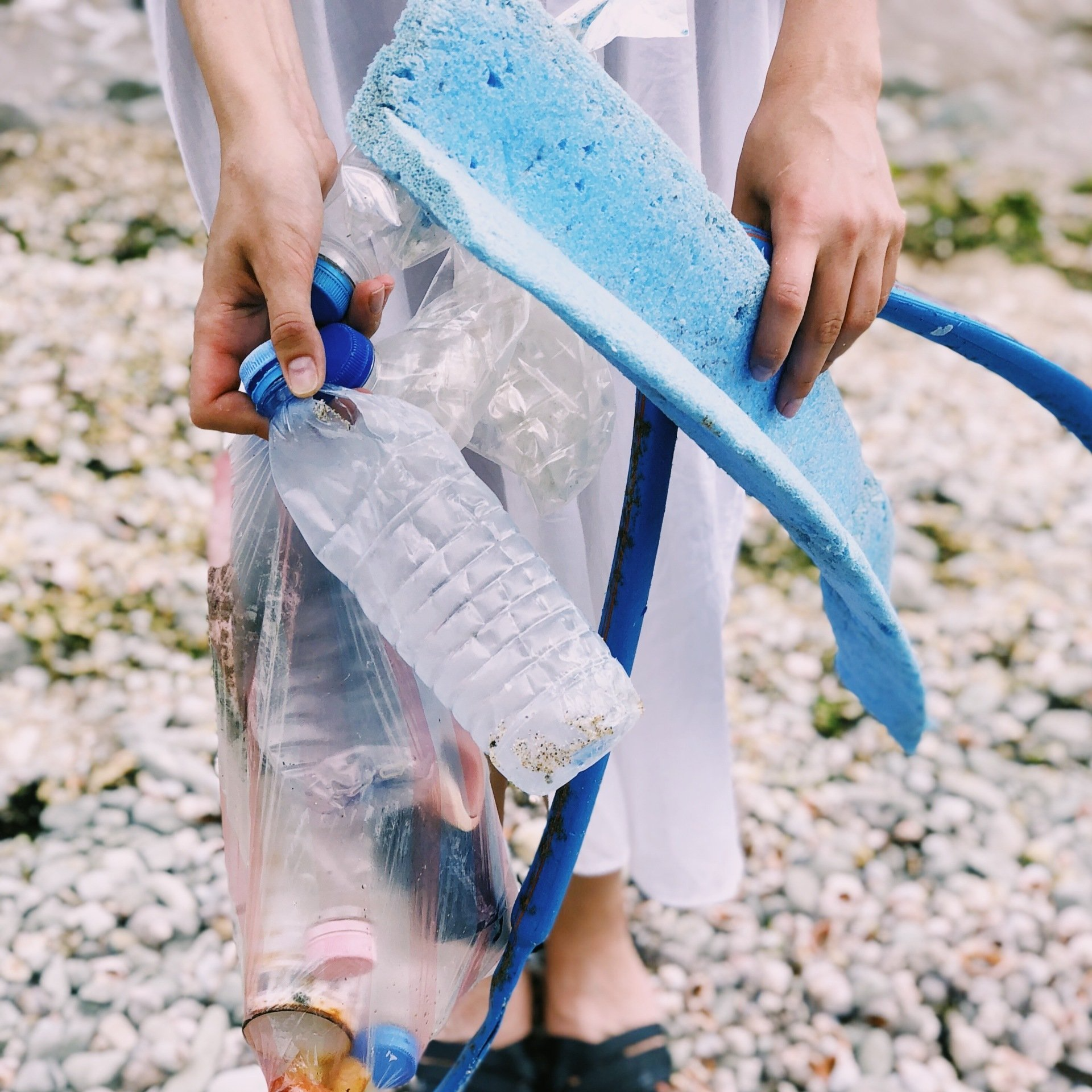
According to UNEP expectations plastic production was projected to increase by up to 40 per cent over the next 10 years, which made achieving a significant reduction in marine pollution by the year 2025, as reflected in Sustainable Development Goal target 14.1, as remote as ever.
CCB believes that a voluntary phase out of MP is inadequate and an urgent EU regulatory action is necessary to treat such a complex and transboundary problem. The proposed EU Directive on the reduction of the impact of certain plastic products on the environment was agreed by the EU commission (May 2018), and adopted by EU parliament (March 2019).
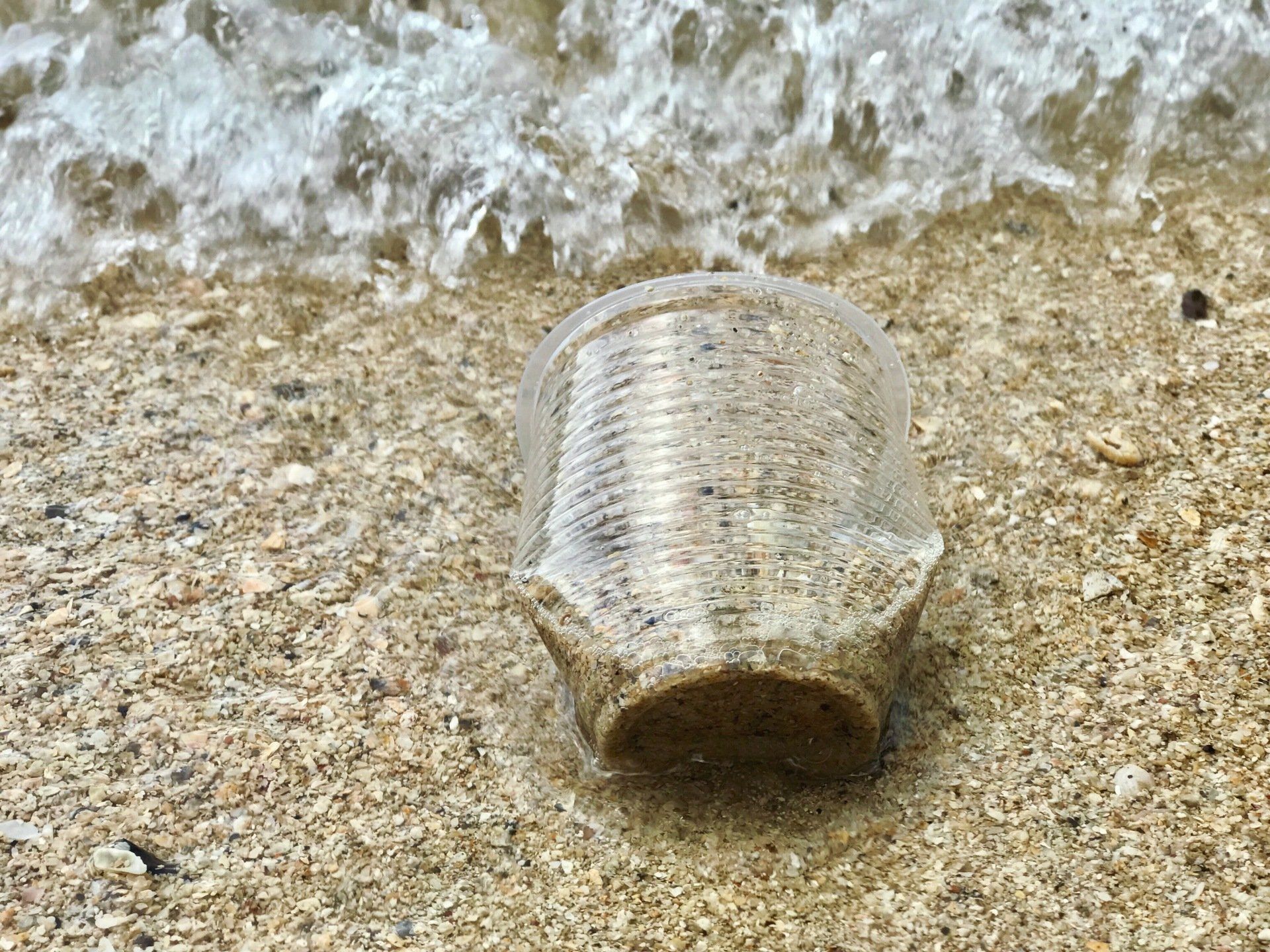
The overall goal of the Plastic Free Ocean Project was to minimize pollution of the global ocean from plastic litter. Despite such ambitious goal, the project contributed to it by reaching its primary target – to reduce consumption and use of plastic in the BSR, and thus diminish plastic pollution into the Baltic Sea. Various activities being implemented within the project were aimed at reaching widest possible audience of all ages. Under the 1st project objective “To promote voluntary phase-out of plastic in different public sectors within the BSR” PFO can see the results in the increased number of initiatives from business and state institutions that avoid single-use plastic (SUP) and promote alternatives (mainly they are among bars and cafes, schools and municipalities).
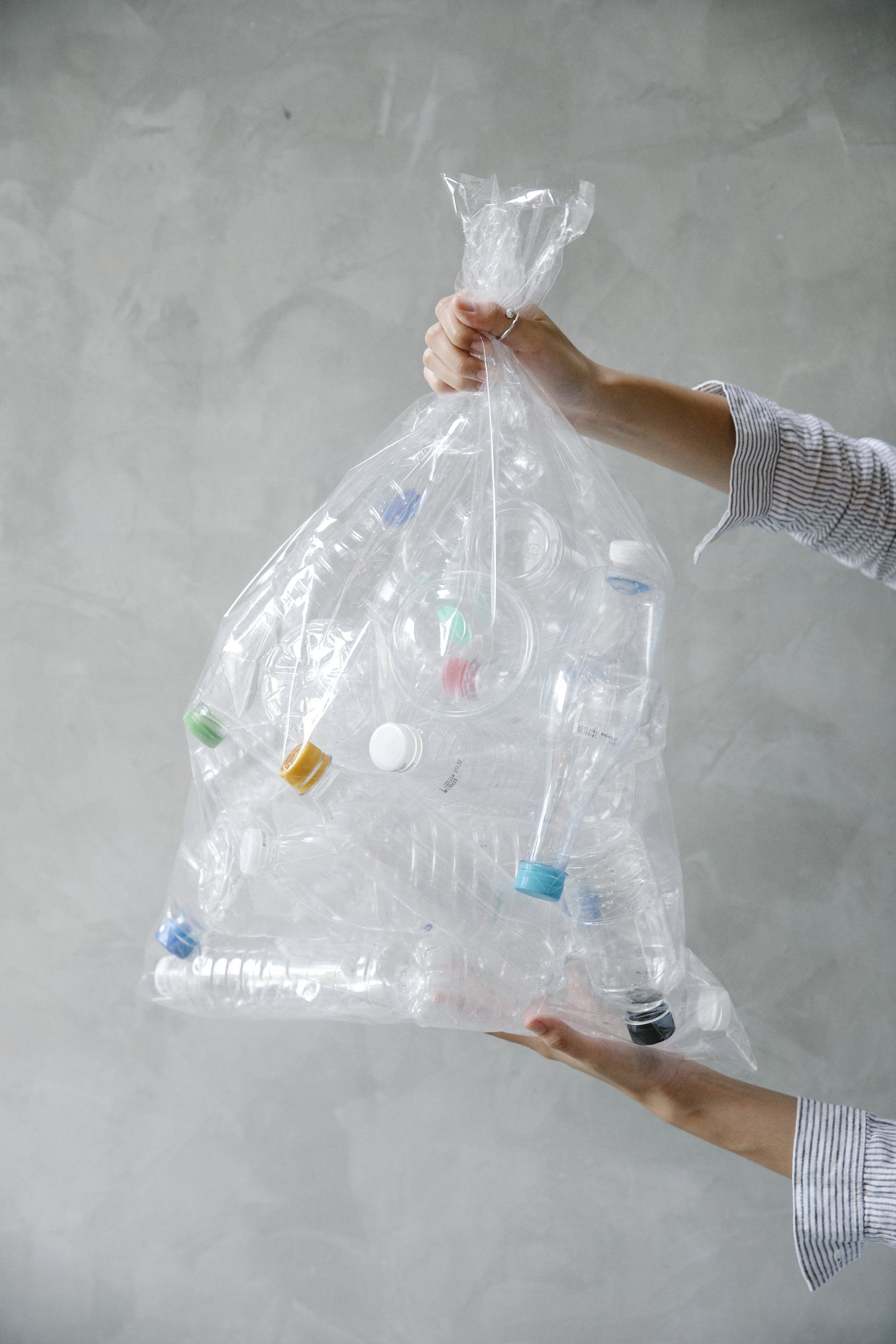
The implementation of the project was contributing to fulfilling requirements of the EU Plastics Strategy in EU member states around the Baltic Sea, as well as contributing to creating a new policy agenda on plastics in non EU- Baltic countries (Russia, Belarus, and Ukraine), and thus will have a long term impact.
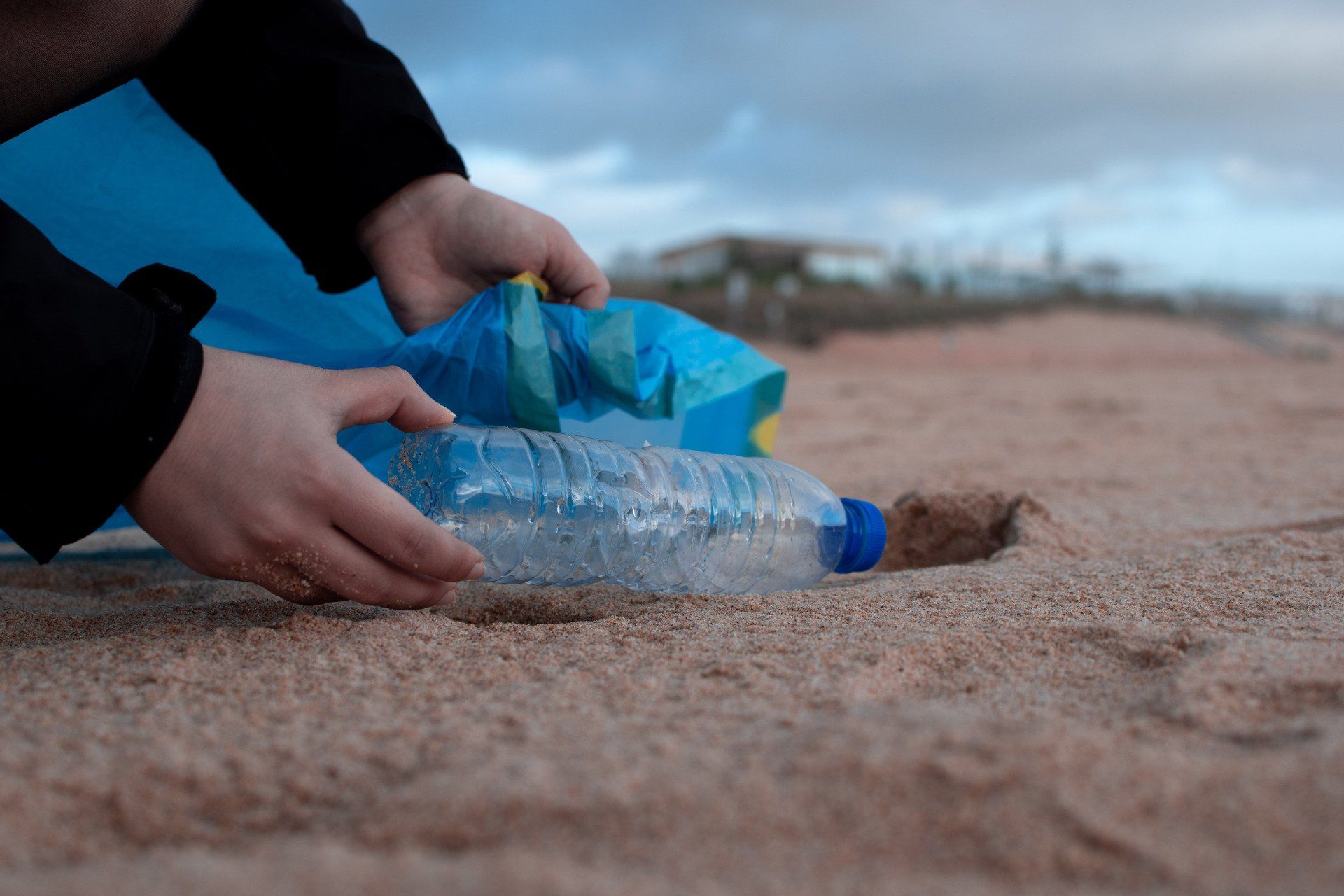
The project has contributed to minimization of plastic pollution of the global ocean by minimization of single-use plastic pollution of the environment and water resources in Belarus. It was done through successful contributions to policy changes, e.g. in Belarus (ban of certain SUP products), successful involvement of various organizations, who decided to voluntarily limit usage of single-use plastics in their operations, and through increased public awareness about the topic.
PUBLICATIONS
Final report
of the
Plastic Free Ocean project.
- Compilation of environmental advises “Act EcoLogically” (in Russian) issued in cooperation of the project partner Friends of the Baltic/Ecocentrum (St.Petersburg, Russia) in cooperation with Environmental Safety Committee of the Government of St.Petersburg, part of which is dedicated to reducing amount of single-use plastic items consumption.
- Revised Consumer Guide and policy brief (ENG/DE) on microplastics in cosmetics, policy briefs on plastic inputs from artificial turfs (ENG/DE) and from tyres (ENG/DE), as well as inputs to the 2019 Plastic Atlas and to the leaflet and brochure on 11 Tips for Plastic-Free Living were produced by BUND/Friends of the Earth Germany.
- Guideline on “How municipalities can reduce the use of single-use-plastics on a local level” produced by BUND/Friends of the Earth Germany.
IMPLEMENTATION & EVENTS
Implementation of the project in the Baltic Sea Region
-
In Belarus
Government, school and other actors. Media coverage available here (can be Google-translated).
-
In Estonia
- No Plastic Challenge organized by Estonian Green Movement.
- Webinar for restaurants about single used plastics and alternatives.
- Raising awareness about the Baltic Sea and microplastic for students.
-
In Germany
- Revised Consumer Guide and policy brief (ENG/DE) on microplastics in cosmetics, policy briefs on plastic inputs from artificial turfs (ENG/GER) and from tyres (ENG/GER), as well as inputs to the 2019 Plastic Atlas and to the leaflet and brochure on 11 Tips for Plastic-Free Living were produced by BUND / Friends of the Earth Germany.
- Another focus of BUND’s work lies with solutions on the plastic pollution by municipalities. Therefore, they developed a Guideline on “How municipalities can reduce the use of single-use-plastics on a local level”. Showing a compilation of best practice examples from the Baltic Sea Region.
-
In Latvia
Several small cafés/restaurants in Jurmala have started replacing plastic glasses and other cutlery and utilizing outreach materials produced by Green Belt of Latvia, see overview here.
-
In Poland
- The municipality of Gdansk decided to become plastic-free city and announced its challenge at the EUSBSR Annual Forum in June 2019. Other activities in an overview here.
- An eco guesthouse and a catering company in Pomeranian Voivodshop of Poland were approached by the Polish Ecological Club and considering decrease in consumption of single use plastic.
- Set of 6 posters (see below) and awareness raising letters to branches where Single Use Plastics were commonly used (Polish Ecological Club Pomeranian Branch).
-
In Russia
- Ecological (vegetarian) café in Kaliningrad has phased out single use plastic cutlery from catering.
- #PlasticFreeOcean exhibition organized by Friends of the Baltic.
- Monitoring of marine litter in the Gulf of Finland (Friends of the Baltic).
- Infographic about the most frequent plastic items found on the coast (Friends of the Baltic).
-
In Ukraine
- Number of actions to promote plastic-free way of living are carried by Zero Waste Lviv.
- Information campaign on the Plastic Free Ocean project conducted by the WORLDLAB, within the National Ecological Council helped to involve the public in the celebration of the International Day for the avoidance of Polypropylene Packaging and Disposable Plastic Utensils.
- The topic “Microplastics – an invisible problem” became an important part of the eco-marathon “Let’s save the environment together”, which was held by students of Pavlivsk School. This action helped to raise awareness of the problem of plastic water pollution by villagers in the Western Bug river basin.
- Presentation of the results of the Plastic Free Ocean project at a joint meeting of the Western Bug River Basin Management and the Basin Council was recognized by the authorities as an example for promotion and dissemination in the celebration of the Western Bug Day. This event, which was held for the first time in Ukraine, was also attended by representatives of the Basin Departments of other rivers of Ukraine – the Dnister, Dnipro, Southern Bug (60 participants)
Main joint events organised during the project
- Plastic Free Ocean workshop: Plastic Free Ocean – global and holistic solutions in the fight against plastic pollution
- Plastic Free Ocean Final Conference
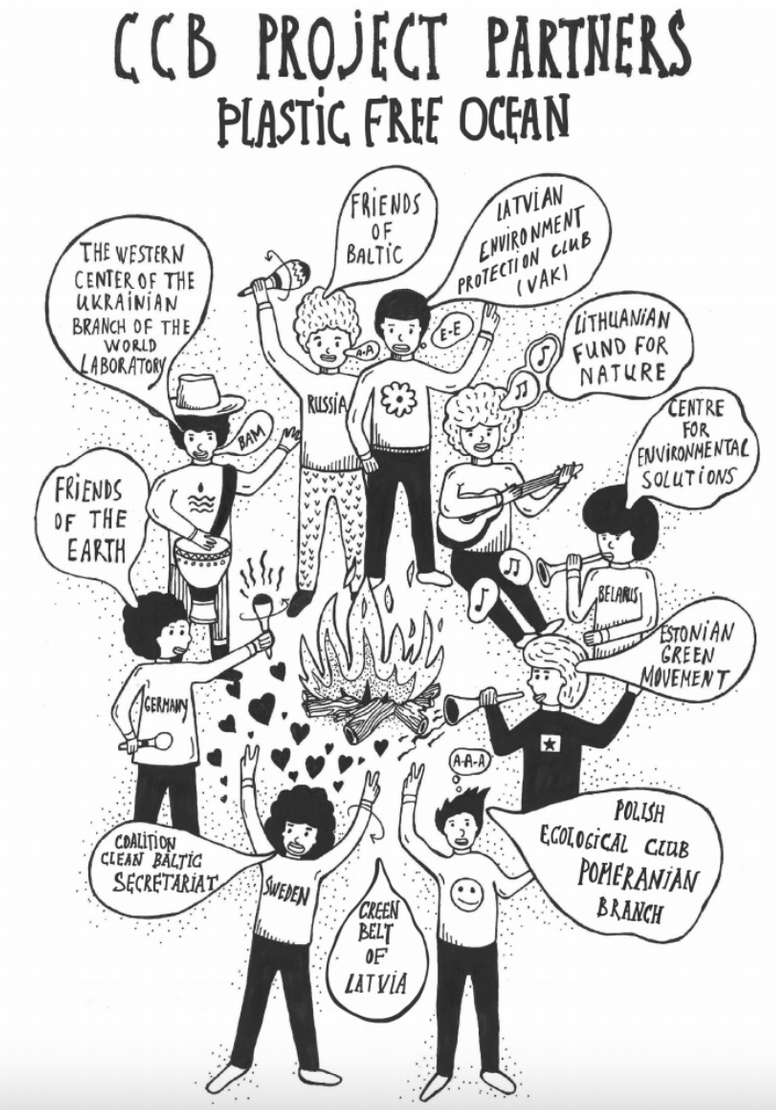
LiveIn/Leaving exhibition
What is the world we live in and the one we are leaving behind? We have asked ourselves that question not only to raise awareness of plastic pollution today but also to reflect on our own ways of living in and within the plastic world.
We invited artists and environmental activists from several countries to discuss the problem of plastic consumption and provide its broader understanding through a multidisciplinary approach.
The “Live In / Leaving” Exhibition is created and launched within the frame of the Plastic Free Ocean Project.
MEDIA MATERIALS
For more information:
Agnieszka Fiszka Borzyszkowska, PFO Project Manager:
agnieszka.fba (at) gmail.com
We continue to act, do you want to know more?
CCB continues to address the problem of plastic pollution and hazardous substances.
Click the button below to learn more!
